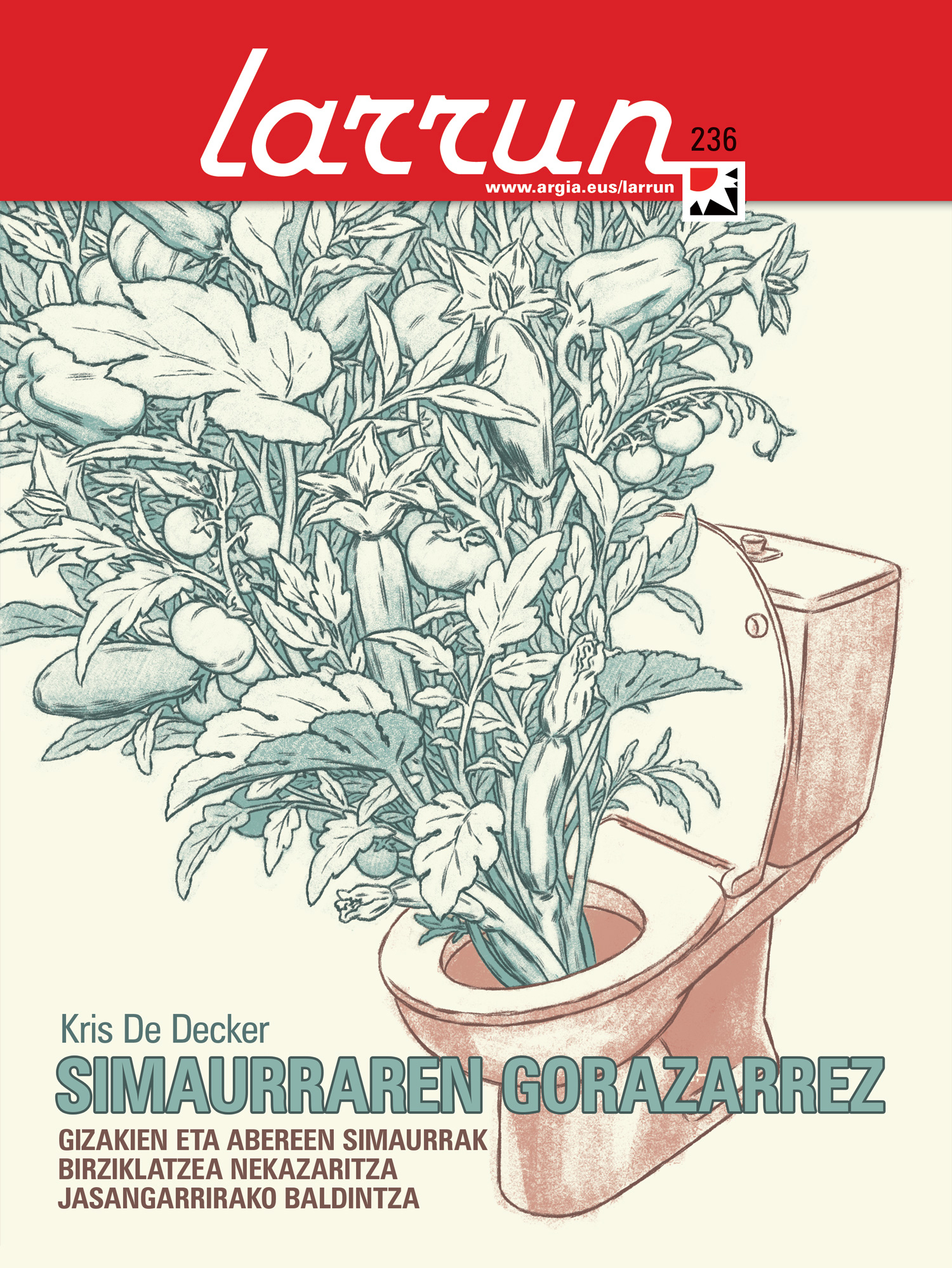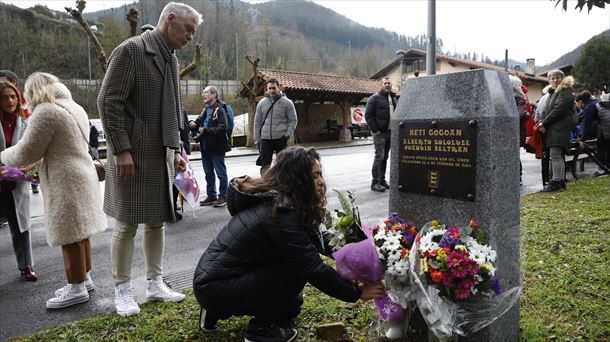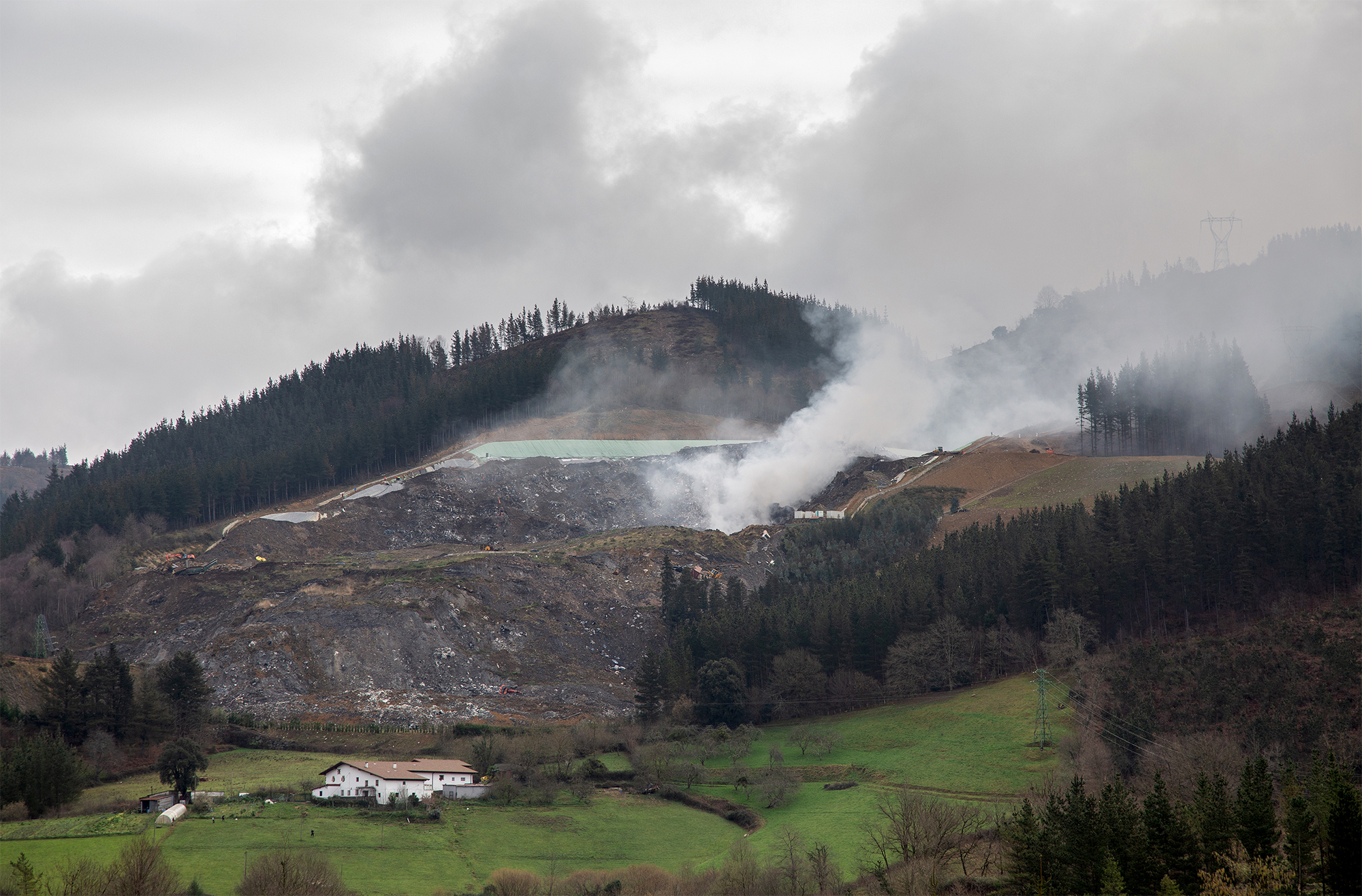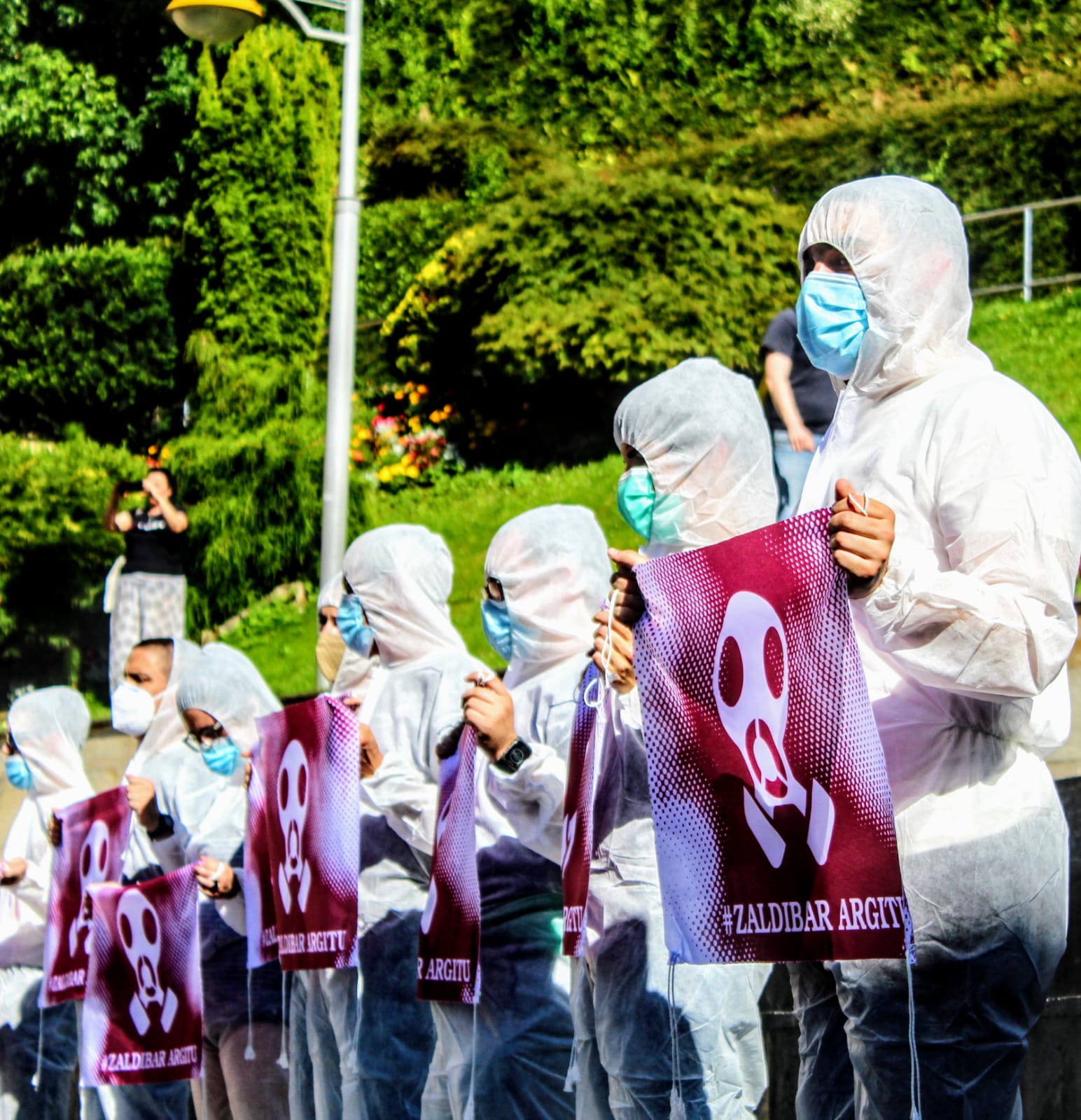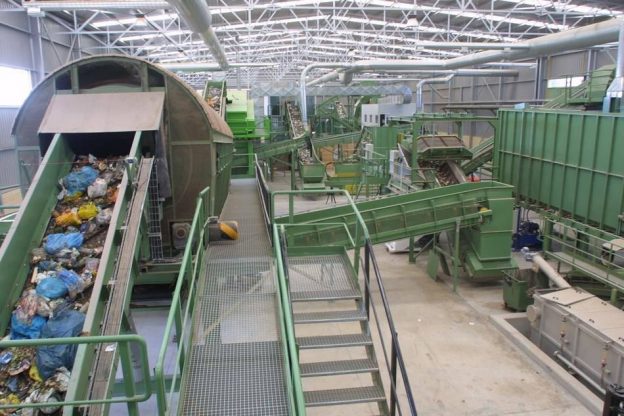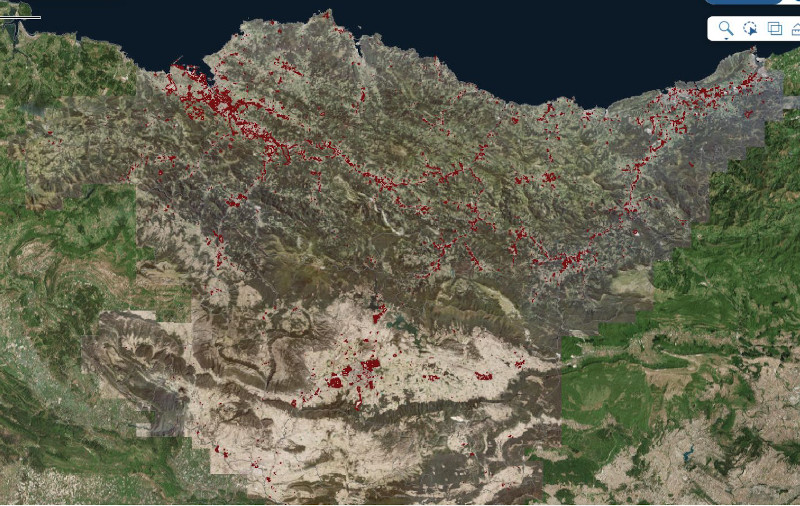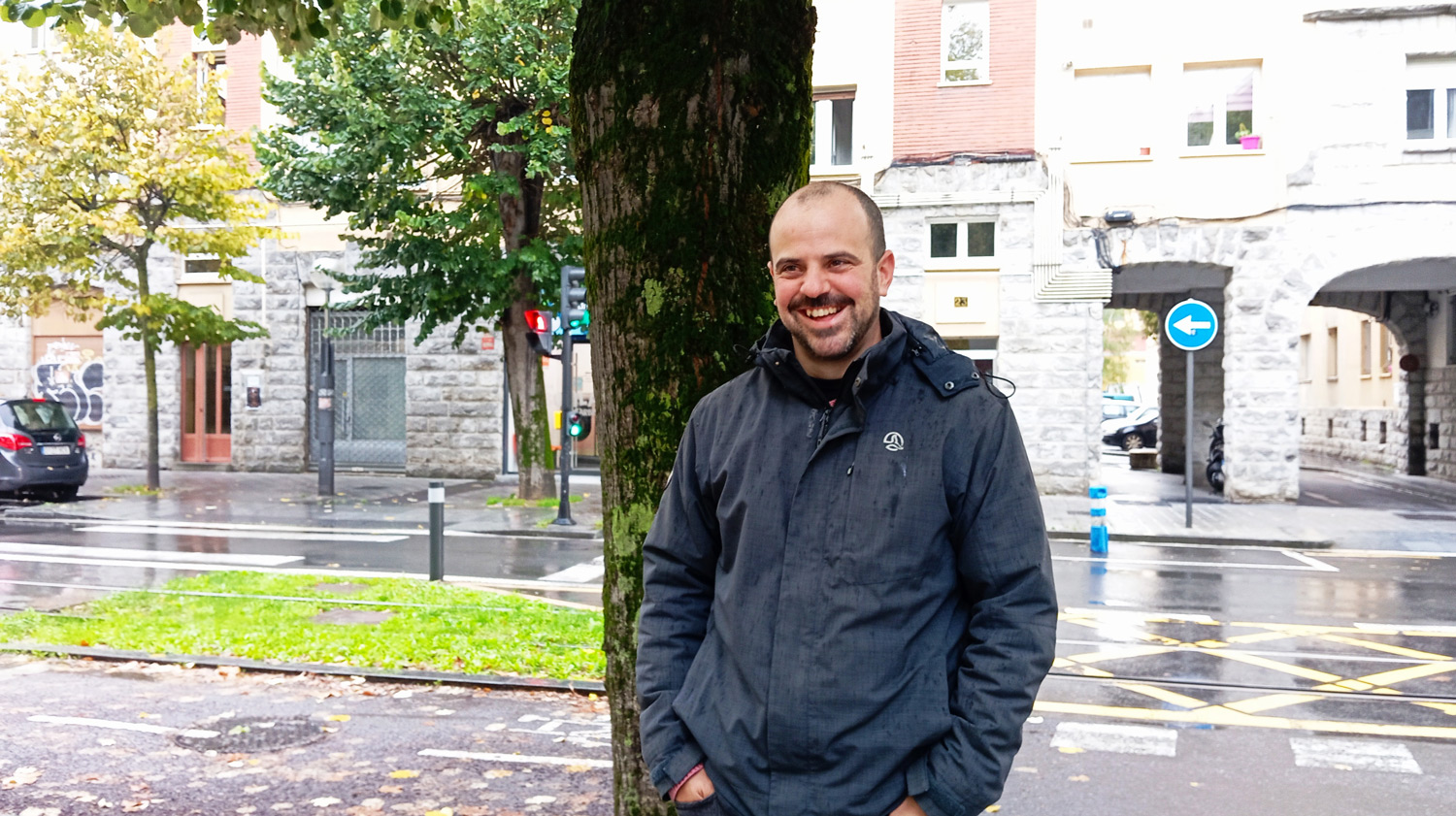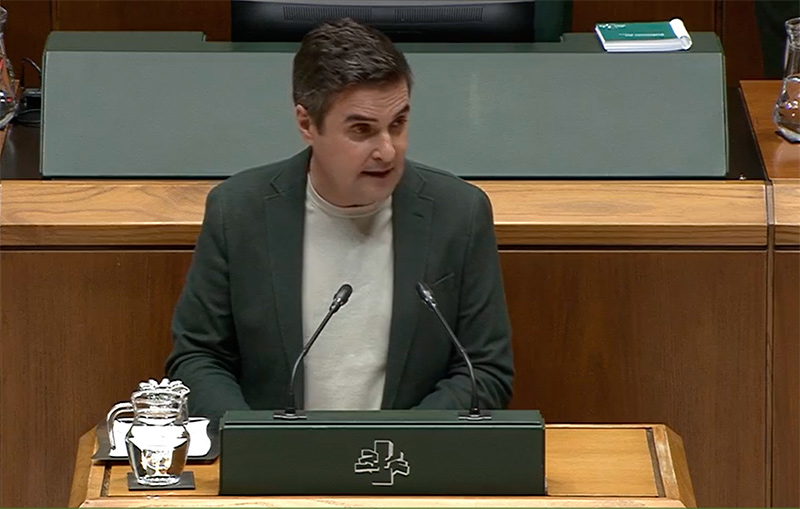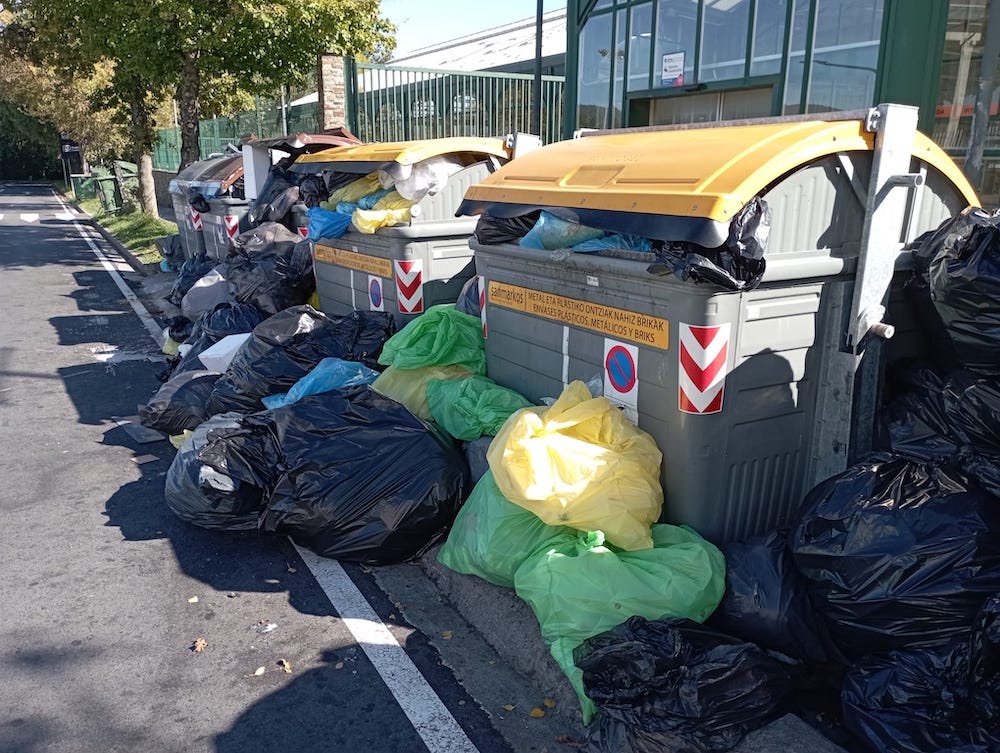Small solutions at our fingertips: dry toilets and brush
- If human beings have always made poop and urine a fertilizer for the earth – until very few years ago – what prevents them from reusing the easiest, economical, clean and sustainable solution? Mainly cultural taboos. If these objectives are exceeded, which in some cultures is achieved more smoothly than in others, many citizens have the solution at their disposal. First, the implantation of a dry toilet or compost in the home.
In the rich West, toilets that perform part of the closed-circuit composting process are becoming more widespread. In most cases, they use more sophisticated systems that, on the one hand, channel urine and on the other hand, excrement in their own dwellings, so that they are dried in special storage places, without bad smells or special problems. These are solutions of a certain technological level that demand work and with an economic cost. There are many models and brands on the market.
If you have a vegetable garden or a rather large land, or the way to bring the feces to this point in hermetic packaging, it is easy and cheap to install a real dry toilet or compostador (toilette seche, compost toilett…). In them, the toilet has a hidden container under which the works of the people are covered with ashes, chips, dried leaves, etc. In this way, there is no bad smell or anything else. Subsequently, this container may be emptied intermittently into a compost or stack to complete the process of transformation of the organic remains of the kitchen or vegetable garden into an embankment or a compost.
This system is known by those who have tried it at parties and celebrations mainly in the Basque Country: Euskal Herria Zuzenean, the Kilometers of Usurbil, the last camp of Zubieta, etc. There are those who have them fixed on the campsites or in their homes.
If the composting process is carried out correctly, the intestinal bacteria, the worm and any other creature that can go in the feces is smoothly neutralized – better than what normal sewage treatment plants get – which is no secret: if the temperature of the mixture is well controlled and allowed to act over time. In the end, it is prepared to return to the land as food. Another thing, and another fight, is that such a thing is not allowed to a baserritarra that is engaged in commercial sale, even if any disgusting pesticide is released. Anyone who wants to take a step in this matter will do well by reading Joseph Jenkins' The Humanure handbook, as recommended by De Klerck.
Managing all the household manure for whatever you think most, is a more reformist proposal: using urine as flowers from the inside of the house or from the balcony to pay for the garden plants. It is recommended to always make it very diluted in water, in 5% (1 liter of urine in 20 litres of water). Renaud Looze’s book L’Urine, by l’or liquide au jardin (Pixa, liquid gold for the orchard) explains very well how to do it, feeding plants not to burn them for excess nitrogen.
.jpg)

The City Hall of Donostia-San Sebastián announced at last Thursday’s plenary session that it will increase the waste rate by 26.5% from January 2025, claiming that Waste Law 7/2022 obliges this. Eguzki, for its part, has denounced that the law only applies in terms of costs,... [+]
August is the holiday month for many people, including those who rule. And yet it is common to take advantage of the month of August to deal with some issues without much noise, albeit of great importance.
This is what is happening with the project to centralize sludge... [+]







